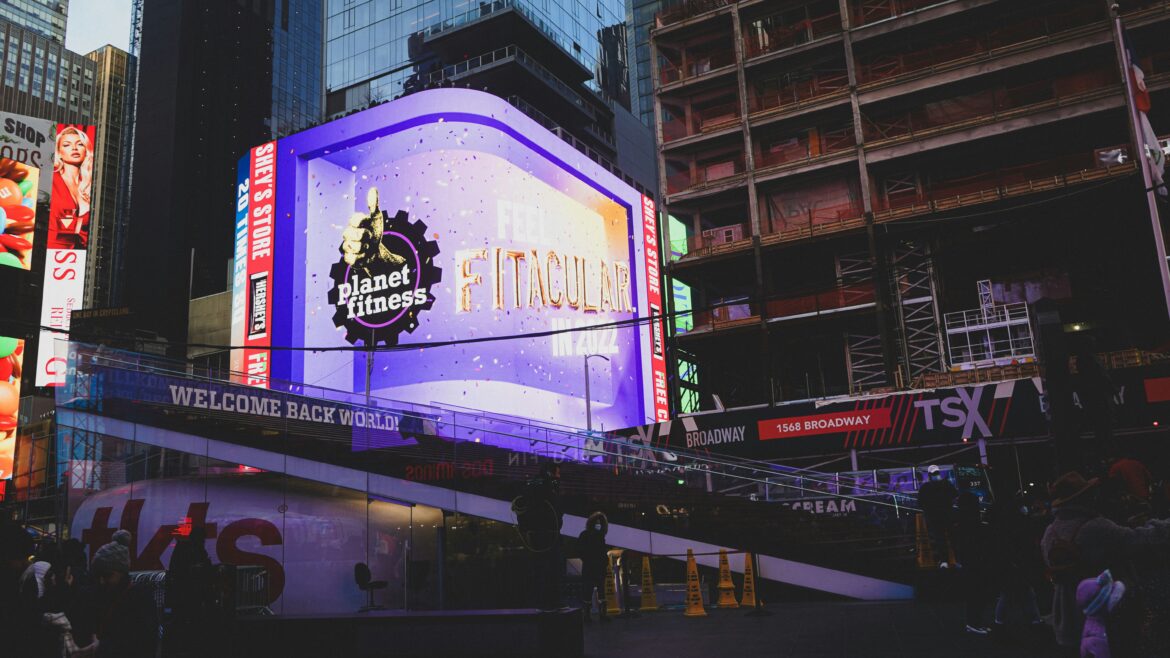In recent years, gym popularity has reached its historical peak, bringing a new form of diversity to the market that has never been seen before: from budget gyms open 24/7 to exclusive clubs with spa treatments, from YouTube workout influencers to cutting-edge wearable tech. Never before have people had so many options to get fit or to pursue their favourite sports like bodybuilding or powerlifting.
Historically, gyms have always been secondary. Always relegated as function training for other sports. But nowadays, that seems extremely strange if we think about the influence of bodybuilding legends such as Arnold Schwarzenegger and Ronnie Coleman. So, what made these innovations possible?
The answer is simple, and for us, it even seems obvious: the Free Market!
The “Gym Economy” is a great illustration of what happens when entrepreneurship meets consumer demand in an environment relatively free of state control. It’s a perfect example of the importance of spontaneous order, decentralised problem-solving and self-ownership in the libertarian worldview, and how these concepts can benefit so many people.
In a truly free market, businesses compete to serve people with diverse preferences and necessities, and that’s exactly what happens in the gym industry. Everyone can have their cake and eat it too!
You want a cheap, no-frills gym membership to ‘slam’ weights for $10 a month? Anytime Fitness or Planet Fitness are here for you. Although you won’t want to literally slam them at Planet Fitness if you don’t want to activate the Lunk Alarm. Do you prefer a luxury experience with the softest of the cotton towels, 10 A.M. yoga classes and in-house nutritionists? Virgin Active or Equinox will gladly take your money. You want a state-of-the-art gym? Go for Golden Gym or local specialised environments like Powerlifting or CrossFit gyms. Maybe you don’t have enough time to go to the gym, or maybe you prefer to stay at home? You can download apps, hire a remote coach, or follow a YouTuber with millions of subscribers (I highly recommend Jeff Nippard’s channel and his app “Macro factor”).
No central authority played a part in the evolution of this specific market. No government health ministry “planned” the emergence of 24-hour gyms, wearable fitness trackers, or kettlebell YouTube channels. The decentralised actions of millions of consumers and the entrepreneurs willing to take risks to serve them built this ecosystem organically.
This is what Friedrich Hayek called spontaneous order: a complex system that emerges without central direction, driven by individual decisions and market signals. This principle is on full display in the gym economy.
The gym industry rewards innovation. Want to coach people remotely from your rusty garage? As long as you deliver results, the market rewards you; do you have a unique style of training or communication? Brand it, film it, sell it. Entrepreneurs, trainers, and even former athletes continue to find niches and fill them to the mutual benefit of themselves and their customers.
Even during the COVID-19 pandemic, when governments shut down public-facing services like gyms across all over the world, the fitness community adapted quickly. Home workouts, challenges, Zoom training sessions, and garage gym startups were born. Where bureaucracies created roadblocks, gym bros found workarounds. You don’t need a state licence or a degree in kinesiology to reach millions; you just need a phone, a personality, and something valuable to offer.
Furthermore, when it comes to rolling out new solutions, the free market often leaves governments in the dust. Entrepreneurs don’t need votes, lengthy committee approvals, or complex legislative processes. They spot a demand, build a solution, and iterate overnight. While bureaucracies slog through regulations, entrepreneurs are already rolling out the next big workout craze.
The supplement industry is constantly targeted by state overregulation, despite its wide consumer base and pre-existing regulation for consumer-safe ingredients; politicians and bureaucrats push for stricter controls, resulting in limited product availability, higher cost and monopolistic advantage for large, connected firms.
Large fitness corporations, like many industry giants, lobby for regulations that burden smaller competitors, manipulating the market to their advantage under the guise of “public safety.” The state’s interventions rarely empower individuals; instead, they often empower the already-powerful, rich corporations.
At its core, fitness is the ultimate example of libertarian ethics: No one can work out for you, no one can lift your weights, fix your diet, or track your progress. In the gym, as in life, freedom and responsibility are two sides of the same dumbbell.
This stands in stark contrast to the collectivist public health approach, which treats individuals as passive subjects to be regulated, nudged, or taxed into “better behaviour”. From soda taxes to “sin” taxes on meat and sugar, the nanny state assumes people are too dumb to make good choices.
Fitness doesn’t require a five-year plan or a Ministry of Wellness. It requires freedom and barbells. No government planner could have designed the gym ecosystem we see today. It was built lift by lift, customer by customer, one entrepreneurial risk at a time.
The truth is simple: muscles don’t grow through handouts, and neither do markets. What works in the gym works in life: discipline, ownership, freedom, and earned progress. So next time someone tells you we need more regulations to “fix” industries, point to the gym economy and say: “No thanks. We’re already stronger without them”.
Because in a free society, the only thing worth lifting is yourself.
This piece solely expresses the opinion of the author and not necessarily the magazine as a whole. SpeakFreely is committed to facilitating a broad dialogue for liberty, representing a variety of opinions. Support freedom and independent journalism by donating today.
